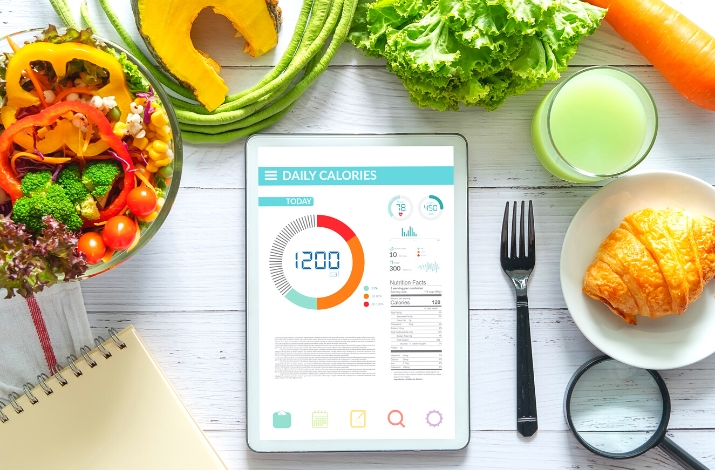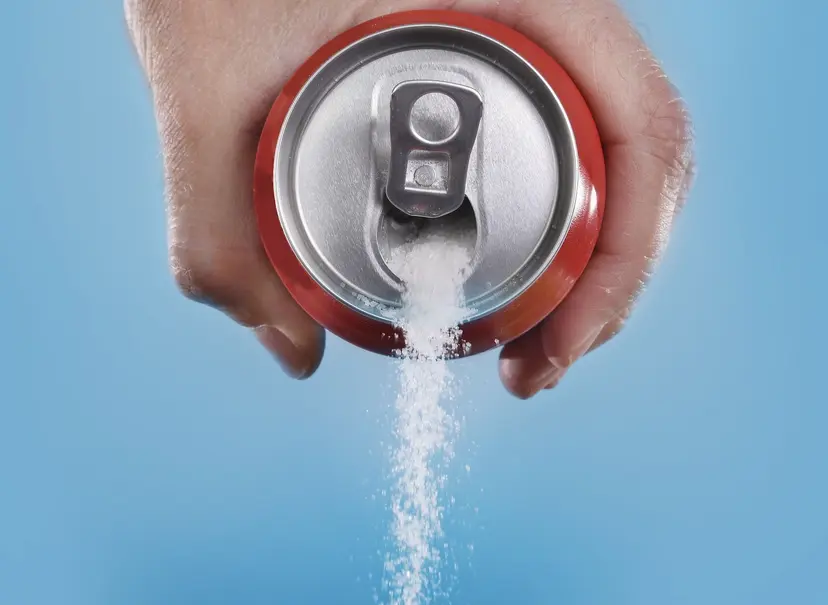Counting Calories? Here’s Why You’re Missing the Bigger Picture of Metabolic Health
If you’ve ever found yourself meticulously counting every calorie, you’re not alone. It’s been drilled into us that calories-in versus calories-out is the secret formula to weight management. But what if I told you there’s much more to the story? Your metabolic health isn’t just about numbers—it’s about your hormones, the quality of your food, and how your lifestyle interacts with your body’s innate rhythms.
Here’s what calorie counting misses and what you need to know instead:
1. Metabolism Is Adaptive, Not Fixed
When you drastically cut calories, your body adapts. It senses scarcity, slows your metabolism down, and starts conserving energy—making further weight loss harder and rebound weight gain almost inevitable. This “metabolic adaptation” isn’t just frustrating; it’s a natural survival mechanism. Is your strategy helping or hindering your metabolism?
2. Calories Aren’t Created Equal
Think about this: 100 calories of broccoli doesn’t affect your body the same way as 100 calories of sugary snacks. Quality matters significantly. Processed foods spike insulin, drive inflammation, and sabotage your metabolic efficiency, whereas nutrient-rich foods nourish your body, regulate hormones, and help stabilize your blood sugar. Are your calories working for you—or against you?
3. Calorie Counting Can Fuel a Harmful Cycle
Counting calories often creates anxiety around food, promoting an unhealthy, restrictive mindset. This cycle of deprivation, cravings, and binge eating is known as “yo-yo dieting.” Over time, it doesn’t just harm your emotional well-being; it can severely disrupt your metabolism. Are you caught in this frustrating cycle?
4. Hormones Control Your Metabolic Destiny
Your hormones—insulin, cortisol, leptin, and ghrelin—call the shots when it comes to hunger, energy, and fat storage. Calorie counting ignores these powerful hormonal signals, potentially disrupting your natural metabolic rhythm. Supporting your hormones with balanced meals, quality sleep, and stress management will lead to lasting metabolic harmony. Are you nurturing your hormones or neglecting them?
Shift from Counting to Nourishing
Your metabolic health thrives on nourishment, not numerical restriction. Embrace whole, nutrient-dense foods, manage stress, prioritize sleep, and reconnect with your body’s natural hunger cues. True metabolic health comes from working with your body’s incredible design—not against it.
Ready to rethink metabolic health?
Follow me for more insightful metabolic tips, evidence-based strategies, and actionable advice. Visit my blog regularly for deeper dives into metabolic science and holistic wellness practices. Together, let’s transform the way you approach your health—starting now
References
- 1):S47-55. doi: 10.1038/ijo.2010.184. PMID: 20935667; PMCID: PMC3673773.
- Polidori D, Sanghvi A, Seeley RJ, Hall KD. How Strongly Does Appetite Counter Weight Loss? Quantification of the Feedback Control of Human Energy Intake. Obesity (Silver Spring) 2016;24(11):2289–2295.
- Hasek LY, Phillips RJ, Hayes AMR, Kinzig K, Zhang G, Powley TL, Hamaker BR. Carbohydrates designed with different digestion rates modulate gastric emptying response in rats. Int J Food Sci Nutr. 2020 Nov;71(7):839-844. doi: 10.1080/09637486.2020.1738355. Epub 2020 Mar 11. PMID: 32157931; PMCID: PMC7895304.
- Reed GW, Hill JO. Measuring the thermic effect of food. Am J Clin Nutr. 1996 Feb;63(2):164-9. doi: 10.1093/ajcn/63.2.164. PMID: 8561055.
- Radulescu A, Gannon MC, Nuttall FQ. The effect on glucagon, glucagon-like peptide-1, total and acyl-ghrelin of dietary fats ingested with and without potato. J Clin Endocrinol Metab. 2010 Jul;95(7):3385-91. doi: 10.1210/jc.2009-2559. Epub 2010 May 5. PMID: 20444922; PMCID: PMC3213865.
- Blom WA, Lluch A, Stafleu A, Vinoy S, Holst JJ, Schaafsma G, Hendriks HF. Effect of a high-protein breakfast on the postprandial ghrelin response. Am J Clin Nutr. 2006 Feb;83(2):211-20. doi: 10.1093/ajcn/83.2.211. PMID: 16469977.
- https://www.frontiersin.org/articles/10.3389/fendo.2021.749050/full






